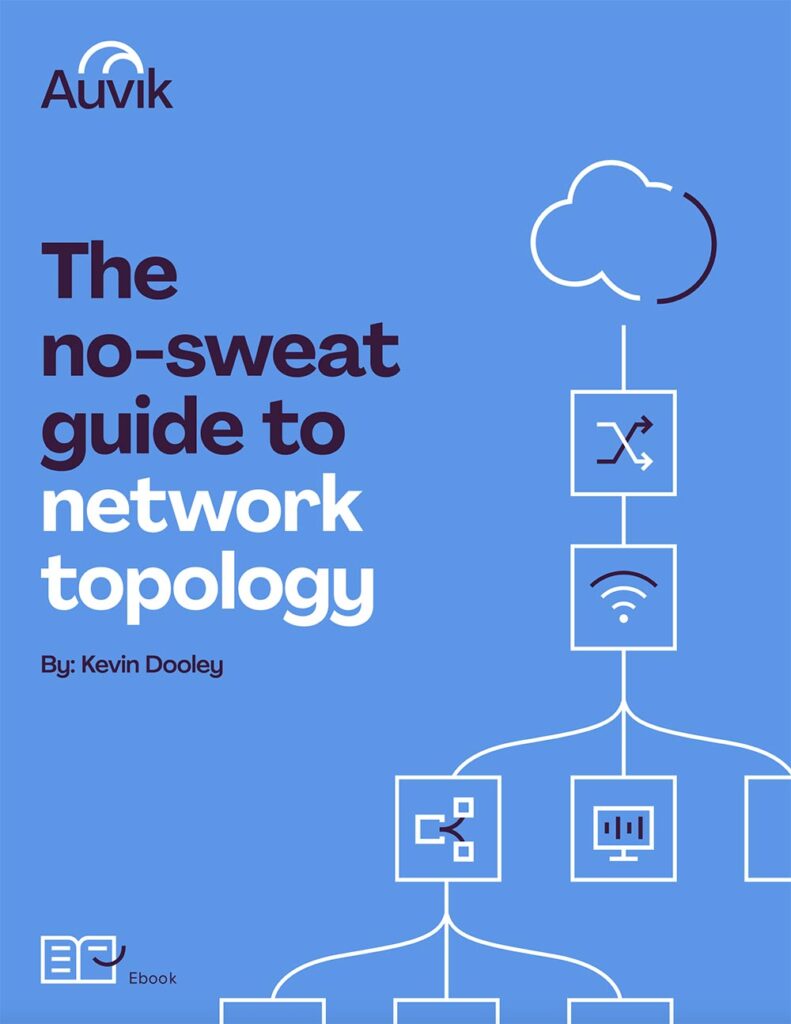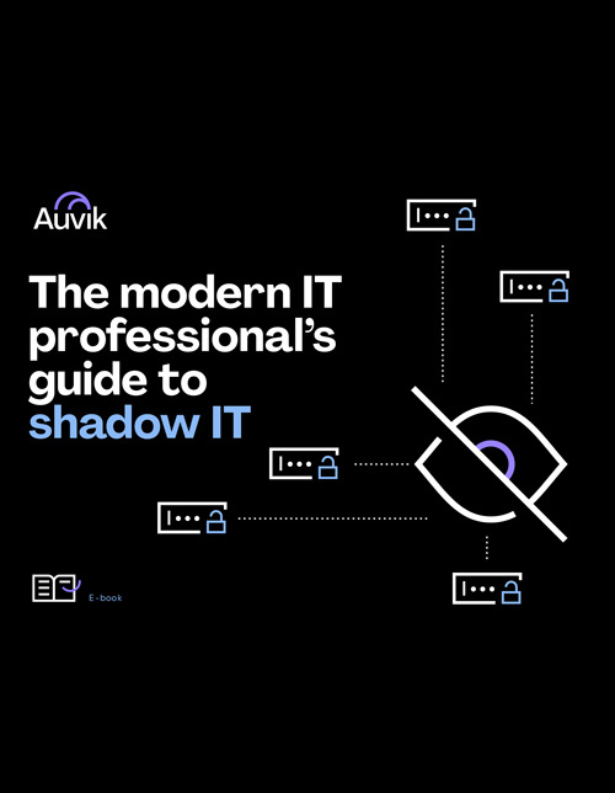After our spooktacular detour into IT and the paranormal in our last episode—if you haven’t listened to that one yet you totally should—we’re back into more usual territory with a look at strengthening your technical leadership abilities.
My guest today is Melanie Parish, a long-time tech coach and author of a book called The Experimental Leader. In it, she applies the principles of agile development—including feedback and rapid iteration—to the topic of leadership. Whether you’re new to management or looking to up your game, there are tons of great takeaways in Melanie’s book about becoming a more confident and productive leader at the head of a highly innovative team.
Listen here
Experiment Your Way to Great IT Leadership: Interview With Melanie Parish

[03:12] We want an abundance of ideas when innovating. The goal of Melanie’s book is to foster the open flow of ideas. Data can then be used to decide if these ideas work or not.
[04:48] Experimenting is a skill that needs to be learned, just like any other. Find something that bothers you a little and experiment around that. Start small, look at the data, make changes, then repeat.
[06:06] Repetition and iteration are the heart of the first experiment.
[07:03] Teams are experimenting all the time, whether they realize it or not. The key to turning it into a formal experiment is setting a timeframe (how long will we try this?) then reviewing the results (what did we learn?).
[09:37] If you’re investing a lot of time and money into an experiment, you’re doing it wrong. Move quickly. Efficiency is not the goal in your early experiments—flow is. Prototyping saves you in the long run.
[11:04] These principles can be applied to soft aspects of leadership, like people management, just like they can be applied to workflow and process.
[12:03] Kata is a Japanese term used in martial arts. It’s a practice. In this context, it’s a series of prescriptive questions that you used to evaluate the experiment. It’s important to use the exact same questions every time.
[13:57] In the Theory of Constraints, you want to focus on your bottlenecks, the place in your organization that’s slowing the flow. You can supercharge your leadership by combining a kata process with experiment iteration and a focus on bottlenecks.
[15:45] Learn the skill of experimentation before applying it to your bottlenecks.
[16:38] Adopting a language of experimentation gives leaders credence and credibility in their work. They become experts at helping their people experiment better rather than trying to be top down leaders who have all the answers.
[17:59] Leadership is about helping people find a way on their own as opposed to telling them where to go.
[19:09] IT leaders are less likely to be top down leaders anyway. They are more likely to be collaborative and procedure-oriented.
Links from this episode
- Ghost in the Machine – FIT 073 (video)
- Melanie Parish (website)
- The Experimental Leader by Melanie Parish
- The Theory of Constraints
- The Goal by Eliyahu Goldratt
- Seth Godin
- Melanie Parish on LinkedIn
Listen here
Like what you hear? Listen and subscribe.



